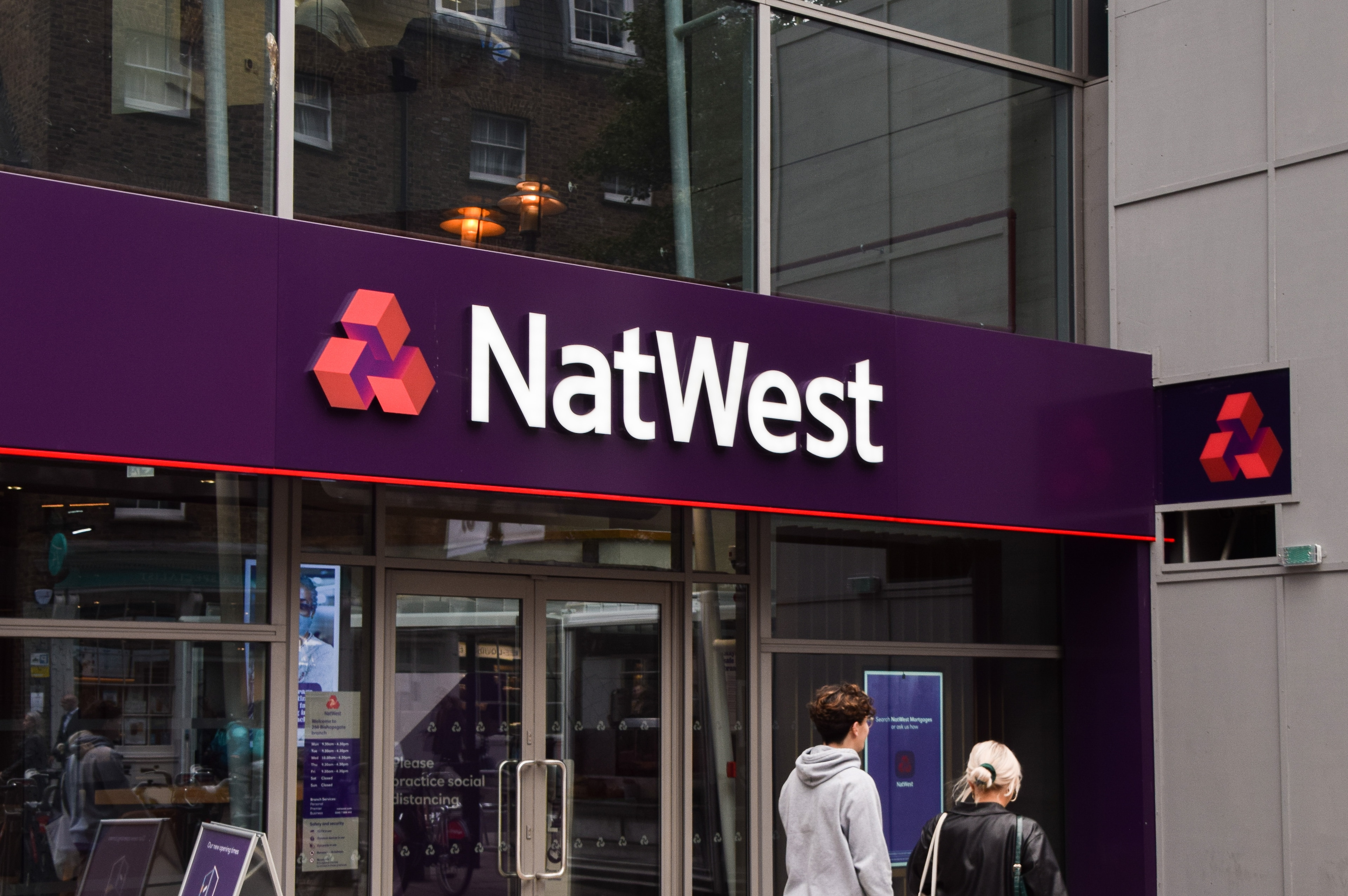When NatWest reported its Q3 numbers at the end of October the NatWest Group share price dropped sharply after reporting an increase in loan loss provisions, as well as concerns that a further windfall tax might be levied on its profits.
NatWest's share price has done the same thing again today, falling sharply, despite a strong set of numbers giving up a significant chunk of this year's gains in the process.
Despite the early declines the shares are still up over 30% from their October lows, having hit their highest levels since May 2018 earlier this month, as concerns over the UK economy receded.
The bank also announced an increase in the dividend as well as a £800m share buyback perhaps proving once and for all there is just no pleasing some people.
In many ways the actions the bank took in Q3 where sensible planning as the bank posted a modest Q3 attributable profit of £187m, a sharp fall from the £1bn profit seen in Q2.
The reason for the sharp slowdown was due to a loss of £652m on the discontinued Ulster Bank operations and the reclassification of its mortgage book, so was very much a one-off.
It is also notable that NatWest took more aggressive action with respect to impairments during Q3. In H1 impairments were a modest £26m, however Q3’s numbers saw that provision increased by £247m, while operating expenses also saw a sharp increase compared to Q2, to just shy of £1.9bn, although they are still lower from a year ago.
When all of this is stripped out the underlying performance was still slightly weaker than Q2 as operating profits came in at £1.09bn, slightly shy of expectations, and a £310m fall from Q2.
In today’s Q4 numbers, profits rose to an impressive £1.26bn, a big increase on the £187m in Q3, taking full year profits to £3.34bn, up from £2.95bn a year ago. Total impairments for the year rose to £337m.
As far as the internals are concerned the higher interest rate environment saw net interest margin increase from 2.99% in Q3 to 3.2% in Q4, bringing NIM year to date up to 2.85% from 2.30% a year ago.
On the business side of things net loans in retail banking have look steady throughout the year, rising to £197.6bn in Q4, of which £4.8bn was new mortgages, up from £192.8 in Q3 and up from £182.2bn at the end of last year.
This increase was mainly down to new mortgage growth over the year of £14.4bn. Credit card balances increased by £600m over the year, along with ordinary loans of £500m.
Customer deposits decreased in Q4 to £188.4bn, a slide of £2.5bn as more money was spent in the lead-up to Christmas with current account balances declining by £2.1bn and savings accounts by £400m.
The bank proposed a final dividend of 10p as well as a share buyback program of £800m in the first half of 2023, taking the total amount paid to shareholders £5.1bn, or 53p per share, which is good news for the UK government which still holds a 48% stake in the bank. This equates to a windfall for the UK government of £2.25bn, on top of the ordinary tax take which includes the bank levy and corporation tax. .
On the outlook the bank was cautious with the bank saying it expects to generate full year income of £14.8bn, and a full year NIM of 3.2%, based on a base rate of 4%. Impairments are expected to remain in line with previous forecasts.
Disclaimer: CMC Markets is an execution-only service provider. The material (whether or not it states any opinions) is for general information purposes only, and does not take into account your personal circumstances or objectives. Nothing in this material is (or should be considered to be) financial, investment or other advice on which reliance should be placed. No opinion given in the material constitutes a recommendation by CMC Markets or the author that any particular investment, security, transaction or investment strategy is suitable for any specific person. The material has not been prepared in accordance with legal requirements designed to promote the independence of investment research. Although we are not specifically prevented from dealing before providing this material, we do not seek to take advantage of the material prior to its dissemination.







